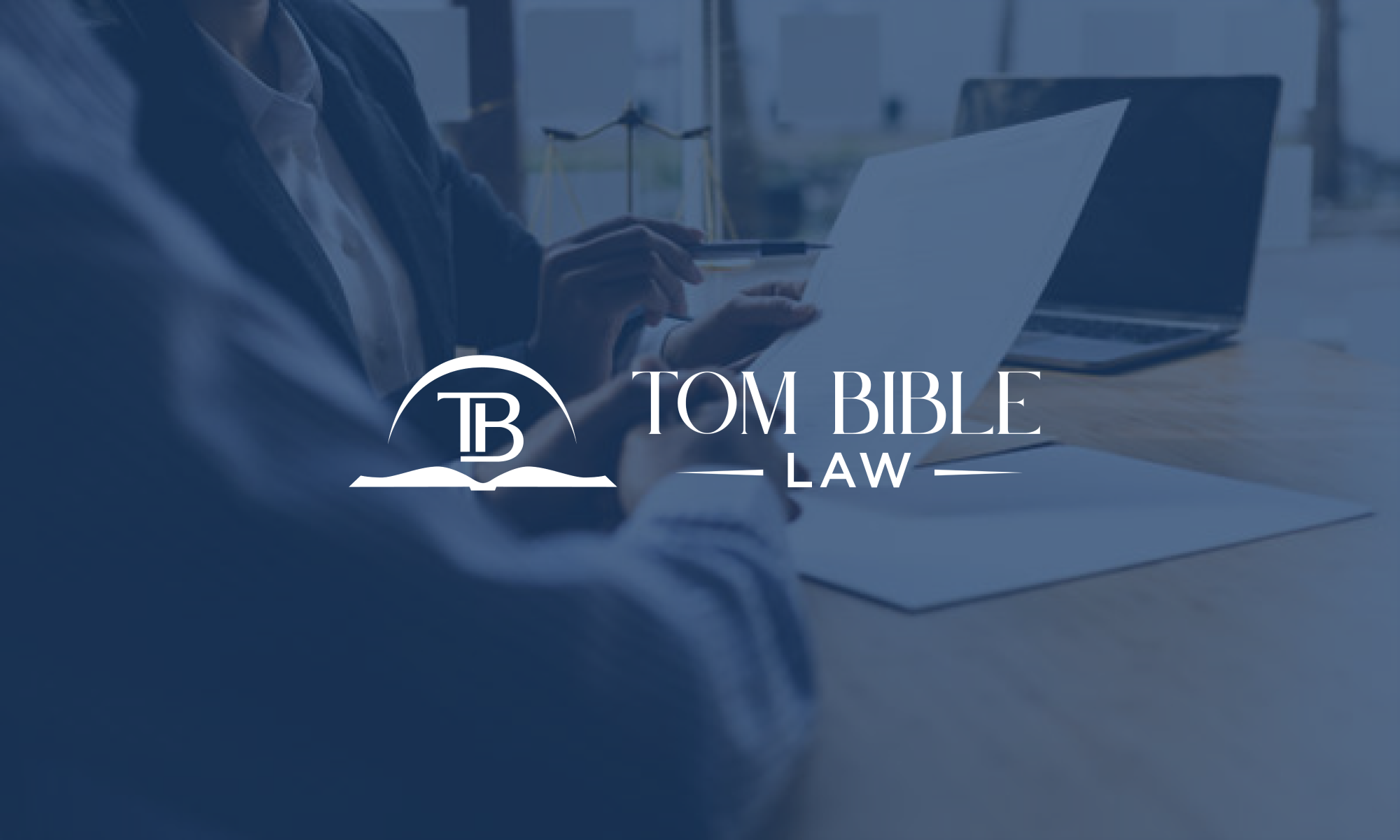Medical debt can quickly become overwhelming, leaving individuals and families struggling to make ends meet. In the United States, roughly 3 million people owe more than $10,000 in medical debts. For many, bankruptcy may seem like the only option to alleviate the burden of medical bills. However, before taking such a significant step, it’s essential to understand the various options available for managing medical debt within the bankruptcy process.
One option is Chapter 7 Bankruptcy, also known as liquidation bankruptcy. In a Chapter 7 bankruptcy, most unsecured debts, including medical bills, are discharged, meaning you are no longer legally obligated to pay them. This can provide much-needed relief for individuals drowning in medical debt. However, it’s important to note that not all debts are dischargeable in Chapter 7 bankruptcy, so it’s crucial to consult with a bankruptcy attorney to determine if this option is right for you.
Another option is Chapter 13 bankruptcy, also known as reorganization bankruptcy. In a Chapter 13 bankruptcy, you work with the court to create a repayment plan to pay off your debts over a period of three to five years. This can be beneficial for individuals who have a steady income but are struggling to keep up with their medical bills. Through Chapter 13 bankruptcy, you may be able to consolidate your medical debt into a manageable repayment plan, allowing you to regain control of your finances while still satisfying your creditors.
Additionally, there are non-bankruptcy options for managing medical debt, such as negotiating with healthcare providers or enrolling in a debt management program. Negotiating with healthcare providers to lower your medical bills or set up a payment plan can help make your debt more manageable. Similarly, enrolling in a debt management program through a credit counseling agency can provide guidance and support in developing a plan to pay off your medical bills over time.
It’s important to weigh the pros and cons of each option carefully and consult with a qualified professional before making any decisions about managing medical debt through bankruptcy. A bankruptcy attorney can provide valuable insight into your specific situation and help you navigate the complex bankruptcy process.
Medical debt can be a significant financial burden for many individuals and families. However, there are options available for managing medical debt within the bankruptcy process, including Chapter 7 and Chapter 13 bankruptcy, as well as non-bankruptcy alternatives such as negotiating with healthcare providers or enrolling in a debt management program. By exploring these options and seeking guidance from a qualified professional, you can take steps towards regaining control of your finances and achieving financial stability despite the challenges of medical debt. If you feel overwhelmed with the amount you owe, you have options to alleviate your financial stress.
Contact Tom Bible Law Today
Ready to take control of your finances and eliminate the burden of medical debt? Contact Tom Bible Law today at 423-874-6628 for a free consultation and learn more about your options for navigating bankruptcy. Don’t let medical bills overwhelm you – let us help you find a path to financial freedom.


